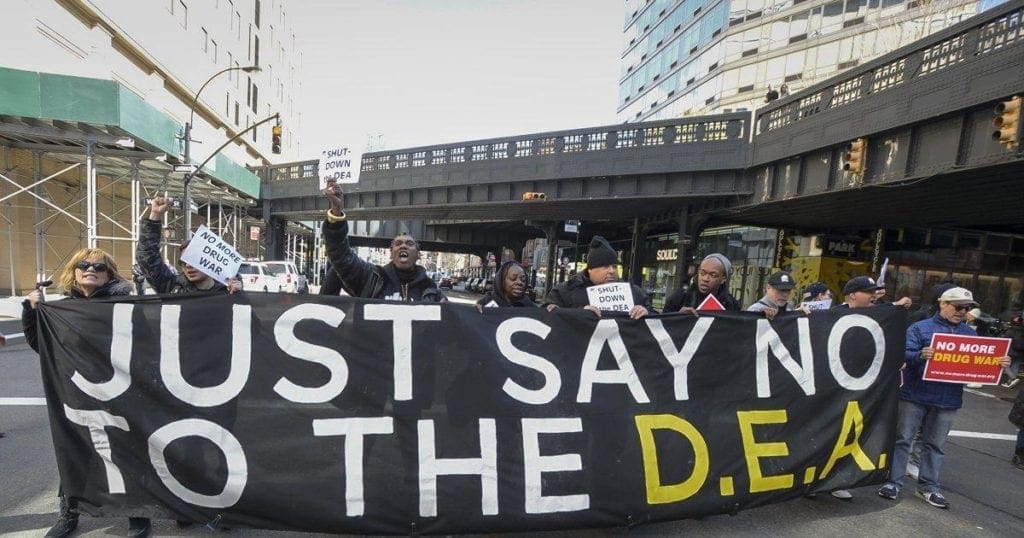A recent report by the Public Policy Institute of California shows that arrest rates in the state dropped to historic lows. This new development is especially important because it follows the implementation of policies involving the drug war.
In addition to seeing the arrest rates dropping by more than half since 1989, when they were at their peak, the report also found that black people are now three times more likely than whites to be arrested, a drop from the 1990s when they were about 3.6 times more likely to be arrested.

This is not the first report to make a similar claim, as researchers in the University of California, San Francisco, published a study earlier this year demonstrating that criminal penalties for drug possession had dropped since the state passed Proposition 47. Thanks to the new law, penalties for drug-related crimes were reduced as all criminal offenses related to the possession of narcotics, concentrated cannabis, and controlled substances were reclassified as misdemeanors.
Law enforcement in the Golden State is still more likely to arrest blacks than whites, as data shows they account for 16.3 percent of those arrested in 2016 despite accounting for just 5.7 percent of the population. Whites, on the other hand, make up 38.1 percent of the population but are only 36 percent of arrests.
Still, the changes are encouraging, especially if you consider that the drug war has helped to completely destroy the foundations of generations of black families in California.
The Immorality of the War on Drugs
Libertarians understand that the government’s enforcement of laws involving the personal use of substances is nothing but a futile attempt at legislating morality.
You might be completely against putting chemicals in your body and yet still understand that this decision, ultimately, lies in the hands of the consumer — not the state. In addition, when prohibition is in effect, drugs tend to become more dangerous and harmful, as they are only available in the black market.
As we’ve seen in California, a small change in how law enforcement deal with drug-related offenders goes a long way to stop hurting vulnerable communities. However, changing drug offense penalties isn’t enough.
As researchers from the University of California explained, just one month after the adoption of the proposition the disparity between black and white felony drug arrests went from 81 to 44 per 100,000.
This is a stark change from the 1980s, when the state increased its crackdown on the commerce of drugs. At the time, arrests skyrocketed, and blacks were disproportionately affected.
In the end, researchers concluded, the “reclassifying drug offenses to misdemeanors is an effective approach to decreasing felony arrests across racial/ethnic groups.” So if a small change such as Proposition 47 can do a major difference, just imagine what would happen if the federal government put a definitive end to the war on drugs.




















